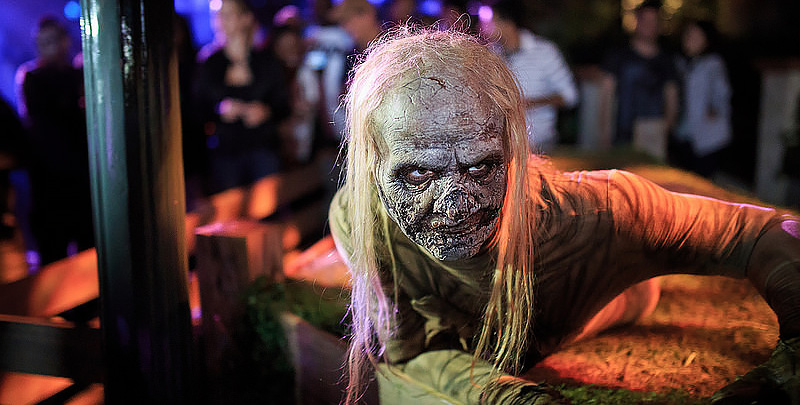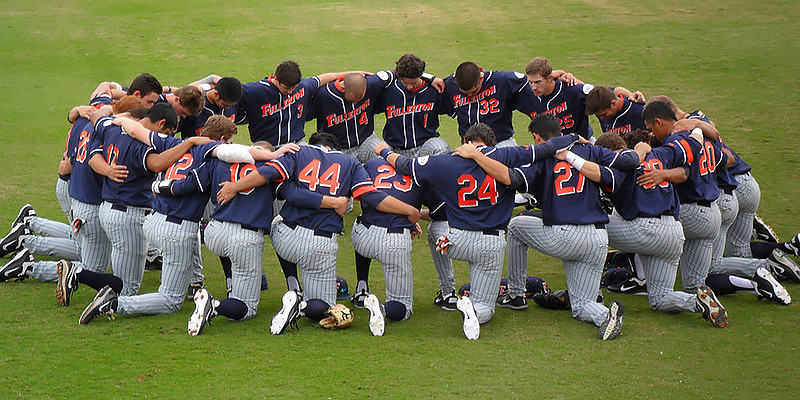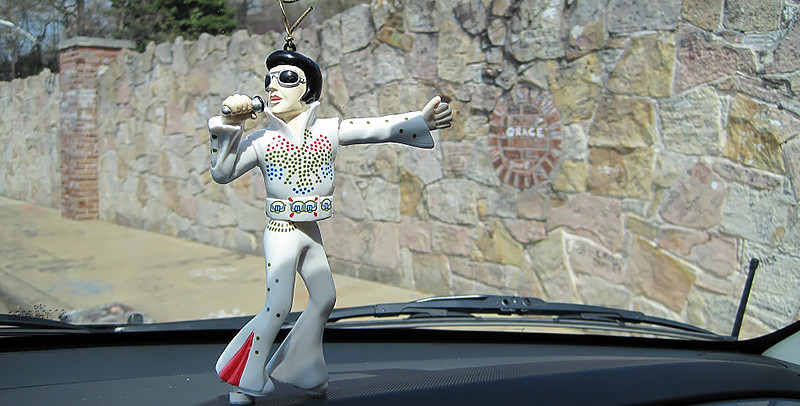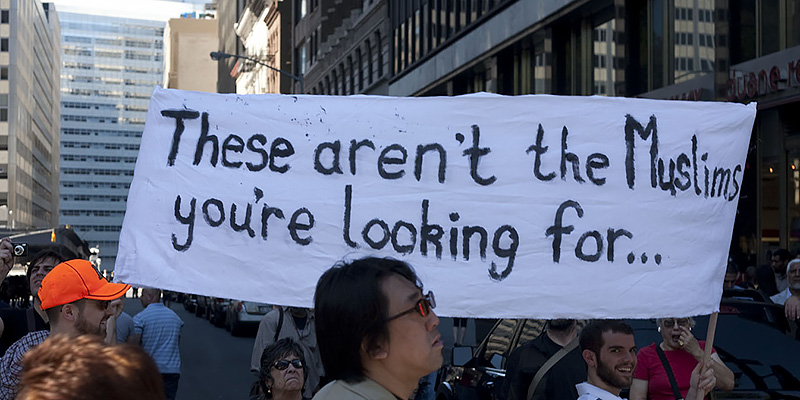There Be Monsters: A Warning

Kelly J. Baker I decided to begin a project on zombie apocalypses, in part because of The Walking Dead’s popularity but also because of burgeoning amount of zombie media, the books, films, products, television shows, memes, and apps that center on zombies. My decision also hinged on the uncritical embrace of zombies by fans, critics, friends, relatives, and my students.
Jewish Umpires and Baseball Chapel

Rebecca T. Alpert On February 2, 2008, Murray Chass, a New York Times sports columnist, wrote an essay entitled, “Should a Clubhouse Be a Chapel?” He was writing in response to a phone call he received from Josh Miller, a minor league umpire who had recently been released by Major League Baseball. Baseball rules require that umpires who are not likely to be promoted to the majors serve no more than three years in AAA ball. While Miller was disappointed, he finally felt free to contact the press about a situation that had disturbed him deeply.
Graceland Graffiti: Elvis Fans as Place-Makers and Memory Agents

Derek H. Alderman, Hannah Gunderman and Donna G’Segner Alderman
In describing Elvis Presley in Wilson and Ferris’ 1989 Encyclopedia of Southern Culture, Stephen Tucker wrote: “Presley is probably the most famous Southerner of the 20th century.” Elvis occupies third place on John Sheldon Reed’s list of the twenty most influential Southerners of the past century, eclipsed by only Martin Luther King, Jr. and William Faulkner.
The Top Five Reasons to Study Religion

Gary Laderman It’s not easy being chair of a religion department. August is an especially cruel month as we close out one academic year and start up a new one, and begin again to struggle with an increasingly vital challenge: recruiting and keeping more majors. I’ve been teaching at Emory University for over 20 years, and every August I begin to obsess about a question. . . that’s at the center of my intellectual passion and personal livelihood: how do you convince people to study religion?
“Islam” is Not a Person

Hussein Rashid There is an idea of “Islam,” as a signifier of something foreign and threatening, that continues to plague American discussion of the religion. It is part of the shooting in Chattanooga, and it part of the debate around the Iran nuclear deal. This view of Islam has been part of how America has defined itself since the founding of the country.
